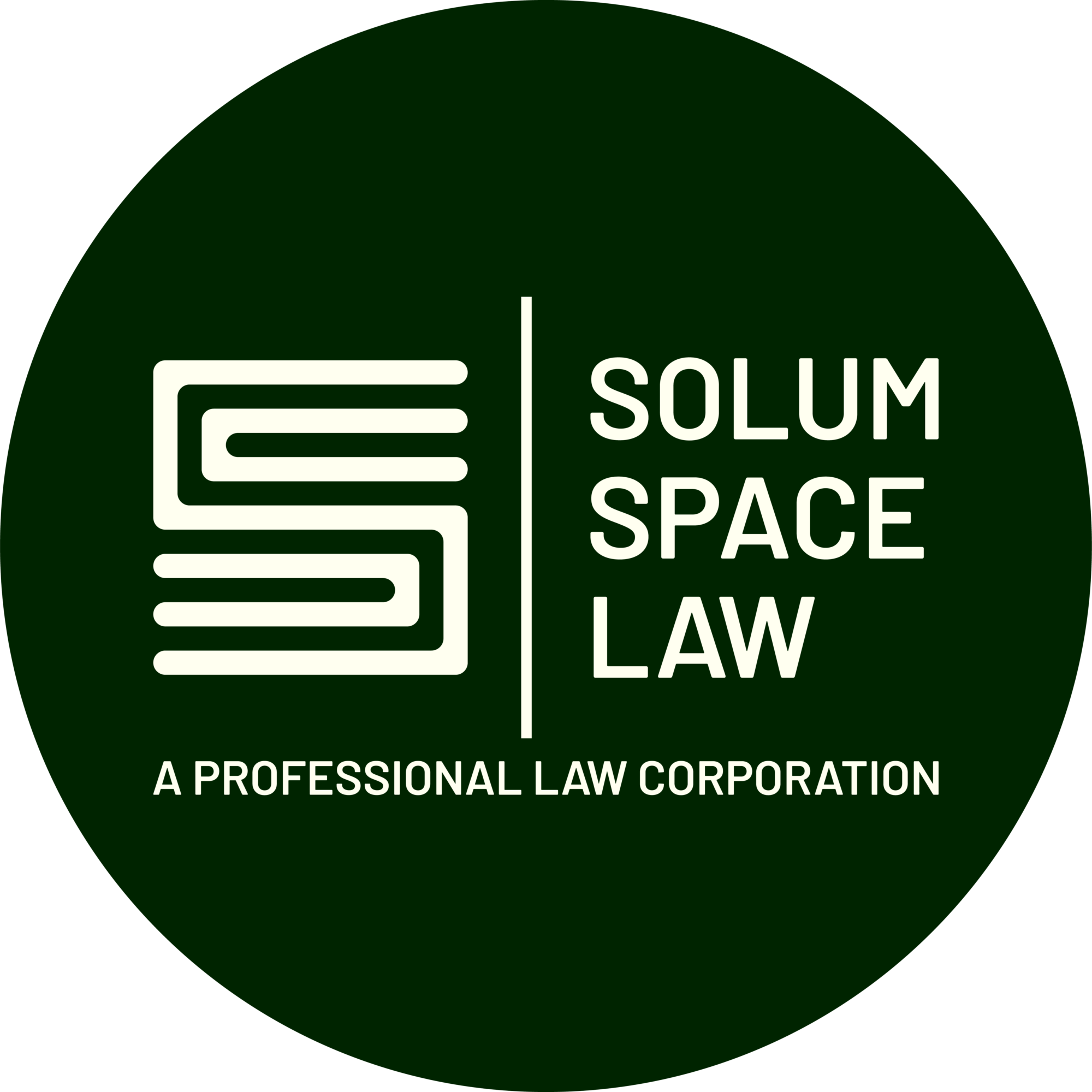

We recently had the chance to connect with Matt Kohanbash Esq. and have shared our conversation below.
Hi Matt, thank you so much for taking time out of your busy day to share your story, experiences and insights with our readers. Let’s jump right in with an interesting one: What’s the most surprising thing you’ve learned about your customers?
The most surprising thing I’ve learned about my clients is how deeply I can relate to almost every one of them. Whether it’s someone recovering from an injury or a homeowner facing a stressful property issue, there’s a common thread — people just want to be heard and treated fairly. That’s something I understand on a personal level.
I think that’s why I genuinely enjoy speaking with clients. It’s probably one of the biggest reasons I became a lawyer. Every conversation is a chance to listen and get to the heart of what’s really going on beneath the surface of a legal problem. In personal injury cases especially, I often meet people at their most vulnerable — overwhelmed, frustrated, and unsure where to start. Explaining their rights in plain terms, helping them regain a sense of control, and showing them a clear path forward is incredibly rewarding.
I feel lucky every day that clients trust me with some of their biggest challenges. That trust is something I never take for granted. It keeps me motivated to keep improving how I practice law — to be more approachable, more efficient, and more human in a profession that often forgets how personal these experiences really are. Being a good lawyer isn’t just about knowing the law; it’s about being present, empathetic, and truly committed to guiding people through moments that can feel overwhelming.
Can you briefly introduce yourself and share what makes you or your brand unique?
I’m Matt Kohanbash, the founder and lead attorney at Solum Space Law APC, a Los Angeles–based firm focused on personal injury, real estate, and a range of other civil matters. My practice was built around a simple idea — that legal representation should be both effective and human. I started Solum Space Law after working in nearly every type of legal environment, from in-house roles and boutique firms to one of the largest law firms in the country. Along the way, I saw how often clients felt overlooked or lost in the process. I wanted to build something more personal — a law firm that treats clients as people, not case numbers.
What makes Solum Space Law different is how we blend traditional advocacy with modern tools and empathy-driven service. We use technology and AI in meaningful ways — not to replace human connection, but to make the process faster, more transparent, and less stressful for our clients. Whether I’m helping someone recover from a serious injury or guiding them through a complex real estate matter, my focus is always on bringing clarity and peace of mind.
I’m proud that most of our growth has come through word of mouth — from clients who felt supported, informed, and truly cared for. That trust means everything to me. Solum Space Law is a reflection of that philosophy: a modern, accessible, and forward-thinking firm grounded in integrity and genuine connection. For me, practicing law isn’t just about solving problems — it’s about restoring balance and helping people move forward during some of the most challenging moments in their lives.
Okay, so here’s a deep one: What’s a moment that really shaped how you see the world?
There wasn’t just one moment that shaped how I see the world — it was a collection of small experiences growing up in an immigrant household. I remember one in particular: a school assignment where I had to bring Brussels sprouts. It sounds simple now, but at the time, I didn’t know the direct translation in my native language, and no one in my family spoke much English. This was before Google or smartphones, so my mom and I spent the afternoon going from grocery store to grocery store, trying to describe what we needed. Eventually, we figured it out, but not without effort, patience, and a bit of creativity.
Moments like that taught me persistence and humility — that even simple tasks can take a little longer when you’re navigating new systems, languages, or expectations. More importantly, they taught me the value of working together and learning through the process, even when things aren’t straightforward.
That perspective still guides how I practice law today. I make sure my clients understand every step and feel empowered to be as involved as they want to be. Whether someone prefers to hand things off completely or walk through every detail, I meet them where they are. I think that comes from those early days — learning that patience, clarity, and collaboration can turn even the most confusing situation into something manageable.
What did suffering teach you that success never could?
Suffering has taught me things success never could. It taught me that real growth happens in discomfort — when things aren’t going according to plan and you’re forced to adapt. Starting my own firm was one of those moments. It was exciting but also uncertain, filled with long nights, financial risk, and plenty of self-doubt. But through it, I learned to stop resisting the struggle and start appreciating the process itself.
I’ve come to see challenges as opportunities to evolve — to refine my judgment, build patience, and strengthen my resilience. That mindset shapes how I approach my work and my clients’ cases today. Even when things are tough, I try to focus on progress, not perfection, and remind myself that growth rarely feels comfortable while it’s happening.
So a lot of these questions go deep, but if you are open to it, we’ve got a few more questions that we’d love to get your take on. How do you differentiate between fads and real foundational shifts?
I think the difference between fads and real foundational shifts comes down to purpose and accountability. A fad chases attention; a true shift improves how we serve people. At Solum Space Law, we embrace technology and AI, but with structure and safeguards. Every tool we use is double-checked, often through multiple platforms, and reviewed by our team before it ever touches client work. Real innovation doesn’t replace diligence — it enhances it. Foundational change, to me, is when technology makes our work more accurate, transparent, and human without ever compromising trust.
Before we go, we’d love to hear your thoughts on some longer-run, legacy type questions. Are you doing what you were born to do—or what you were told to do?
People told me from a young age that I’d become a lawyer — probably because I loved to argue my point and stand up for others. For a long time, I resisted that idea. I wanted to prove them wrong, so I tried a bunch of other paths, hoping to find something that felt completely my own. But the more I explored, the more I realized that what drew me to those other roles was the same thing that makes me love being a lawyer: advocacy. I’ve always cared about helping people navigate tough situations and find their footing again. In the end, I didn’t become a lawyer because it was expected — I became one because it’s who I’ve always been. The title just gave structure to something that was already part of me.
Contact Info:
- Website: https://sslapc.com
- Instagram: https://www.instagram.com/solumspacelaw
- Linkedin: https://www.linkedin.com/company/solum-space-law
- Facebook: https://www.facebook.com/people/Solum-Space-Law-APC/61572394064719/
- Yelp: https://www.yelp.com/biz/solum-space-law-beverly-hills
- Other: https://profiles.superlawyers.com/california/los-angeles/lawyer/matt-kohanbash/be0978ff-d3b6-46d4-8f6d-7af7dbcb7bf4.html
















